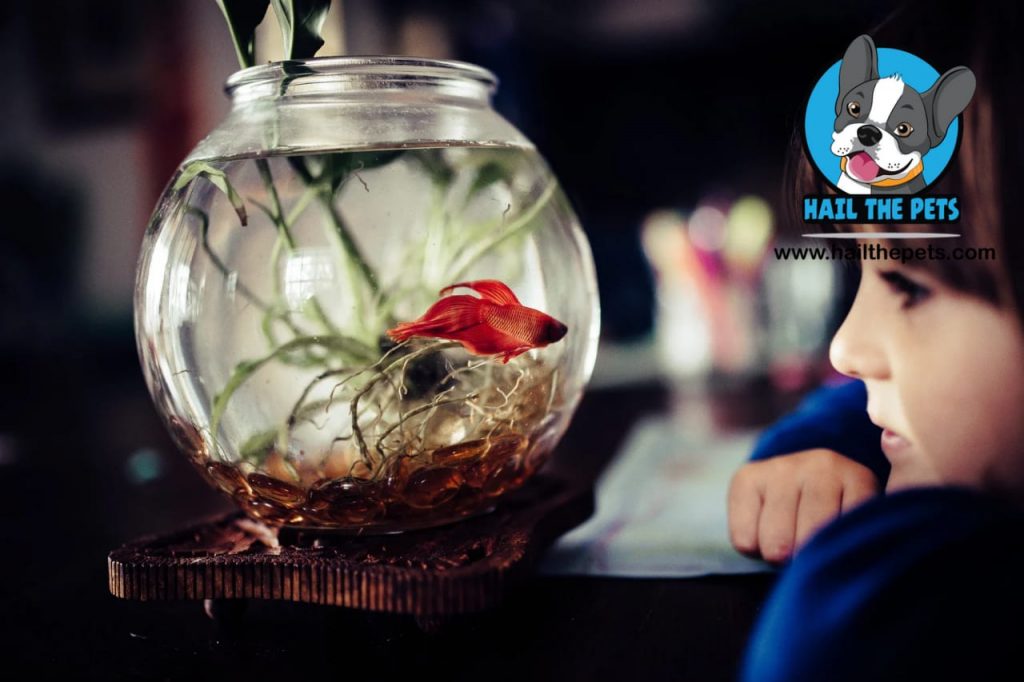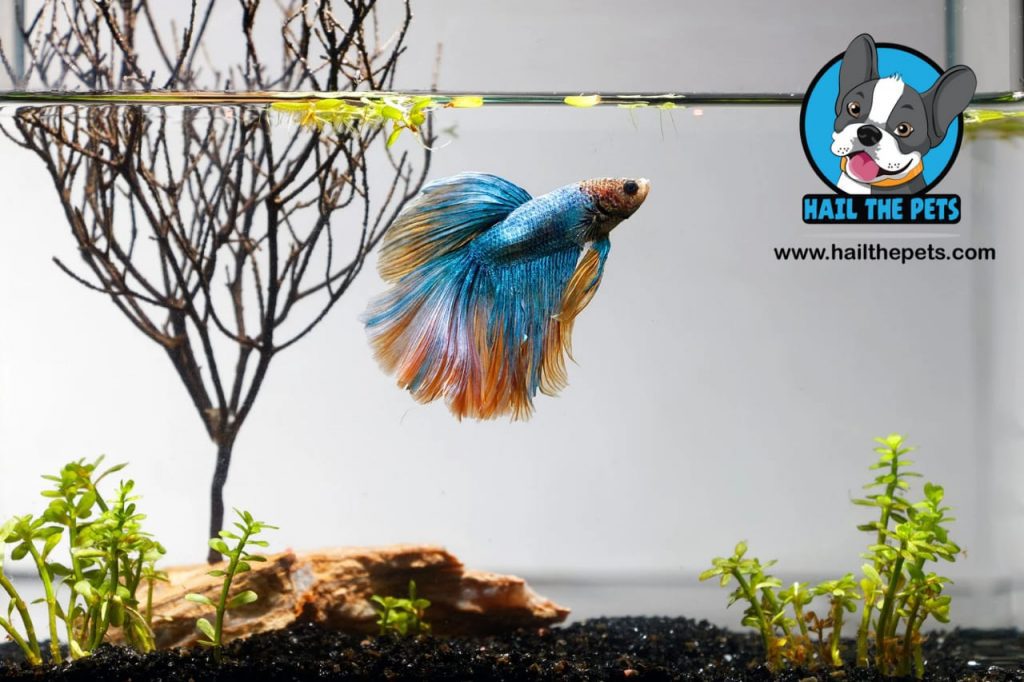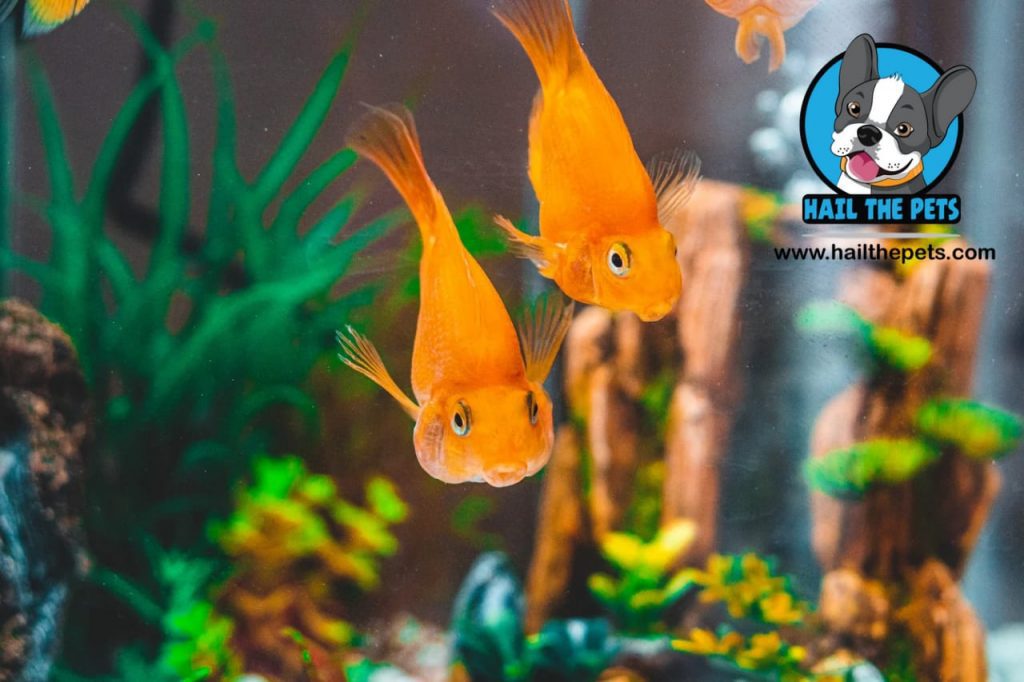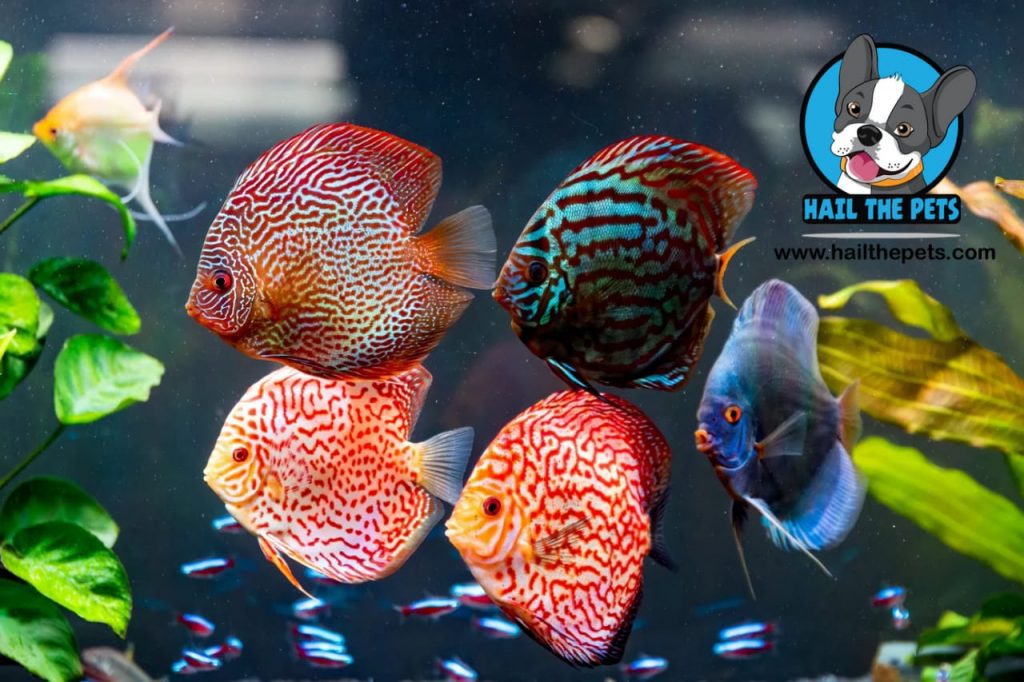One day, Aisha got her very first fish tank, she was buzzing with excitement. She’d spent hours picking out the perfect little fish and decorations, imagining how calm and peaceful her living room would feel with her own tiny underwater world.
Those guppies darting about in bright colors seemed like sheer magic, and she couldn’t wait to sit back and relax. But, things didn’t exactly pan out as planned. Only the other day, Aisha saw the water become cloudy, and one of her guppies acted lethargic.
What was she doing incorrectly? She had read a couple of articles, but obviously, omitted some vital information. The dream tank was becoming a disaster. Sound familiar?
You may find yourself in Aisha’s shoes. It’s easy to get caught up in the hype but forget fishkeeping mistakes can quickly lead to stress, disease, or even fish loss.

Alarming Fishkeeping Mistakes New Owners Make
Fish care might seem as easy as “put fish in water,” but believe me, there’s a lot more to it. Many beginners are caught off guard because they underestimate what it takes to create a balanced aquatic environment.
One huge blunder is ignoring just how important stable water conditions, the right tank size, and compatible fish really are.
If you are in the same boat, let’s swim through the most common fishkeeping mistakes beginners miss and how you can dodge them like a pro.
Read more: Breeding Fish: A Beginner’s Guide to Understanding Fish Reproduction- January 2024
Common Mistakes in Fish Care
A lot of newbies pick fish because they look pretty or are cheap, instead of thinking about their care needs or how well they’ll get along with tank mates. Ever seen fish fighting or acting stressed? That’s usually because they don’t vibe together or the tank is overcrowded. Stress weakens their immune systems and sets the stage for illness.
Choosing Fish Based on Looks
One of the biggest fishkeeping mistakes beginners make is picking fish just because they look colorful or are cheap. Many fishes have specific needs and they rarely get along. Always research fish behavior and compatibility before adding them to your aquarium.
Using Untreated Tap Water in the Aquarium
Think your tap water is not safe for your fish. Unnecessary things in untreated tap water are harmful and can kill fish over time. Always dechlorinate your water or utilize a water conditioner before adding it into your tank.
Know more about: Ten Deadly Fish Diseases: Tips And Tricks To Prevent Them – January 2024
Skipping Regular Tank Cleaning and Maintenance
Neglecting to clean tanks can be a silent killer. Leftover food and waste from fish will convert to toxic ammonia and nitrates very fast. It damages your fish’s immune system.
Adding Fish Too Soon Without Cycling the Tank
Cycling your tank is not an optional step. Many beginners skip this step and end up with dead fish within days. A proper nitrogen cycle allows beneficial bacteria to grow and that keeps ammonia levels in check. Give your tank 4–6 weeks to establish before adding fish.
Read more: Clownfish Care: A Guide For Maintaining A Healthy Home Aquarium
Overfeeding Fish and Overcrowding the Tank
Feeding your fish too often or adding too many fish too quickly can crash your tank. Overfeeding causes water quality issues and overcrowding leads to stress and aggression. Feed only what your fish can eat in 2–3 minutes and choose a tank size that suits your fish community comfortably.

Beginner Fish Keeping Tips
Every seasoned fish-keeper was once a beginner excited, hopeful, and sometimes a bit clueless. The secret sauce to success is patience and sticking to a few simple tips that keep your aquarium balanced and your fish thriving.
Don’t rush to fill your tank right after setup. A new aquarium needs time to “settle” and establish itself. Think of it as letting the foundation dry before building your dream house. Many beginners can’t wait to add fish and that’s a classic recipe for disaster.
Read more: Understanding The Habitat and Habits of Carp Fish: Exploring Their Role in Aquatic Ecosystem
Invest in a reliable water testing kit and check your tank’s needs regularly. It might seem like overkill, but catching issues early is like having a first aid kit for your tank. Get to know your fish’s natural behavior. Take an immediate decision if you face something off.
Avoid overfeeding and overpopulation. These are among the leading causes of stress and illness in fish. Don’t be afraid to ask for guidance. Aquarium forums, books, or local fish experts are treasure troves of info. The more you know, the better your tank will be.
How to Cycle a Fish Tank Properly
One of the biggest mistakes new fish-keepers make is skipping the tank cycling process and jumping straight to adding fish. It’s absolutely essential even if it sounds boring.
Cycling helps grow beneficial bacteria that turn toxic ammonia from fish waste into less harmful substances. Without this “natural filter,” your fish are swimming in poison, which stresses and can kill them.
The cycling process usually takes 4 to 6 weeks. You can start it by adding a small source of ammonia like fish food or pure ammonia and testing water regularly. You’ll see ammonia levels spike, then fall as bacteria do their magic. Only when both ammonia and nitrites hit zero is your tank safe for fish.
Learn more about: Stress Signs in Pet Fish: How to Identify and Reduce Aquarium Stress – June 2025
Sure, there are bottled bacteria products claiming to speed this up, but don’t rely on them alone. Keep testing your water regularly. Skipping cycling is like inviting your fish to a disaster party.
Overfeeding Fish Problems
Feeding your fish is fun, but overfeeding is one of those sneaky mistakes that can wreck your tank without you realizing it.
Leftover food sinks, rots, and messes up water quality by increasing ammonia levels. That toxic stew stresses fish and invites disease. Plus, it can make your fish fat and cause digestion troubles.
If your fish don’t finish their food in about two minutes, you’re probably giving them too much. Watch out for cloudy water, algae explosions, or an uptick in snails classic overfeeding signs.
Stick to feeding once or twice a day, only what they can eat in 2-3 minutes.
Some fish-keepers even skip feeding once a week to mimic natural cycles and help digestion.
Keep feeding in check, and you’ll keep your water cleaner and your fish happier. Totally, a win-win situation.
Read more: Interesting Facts About Tetra Fish: Exploring Their Types, Nutritional Needs, and Hygiene Care
Best Fish for Beginners
Choosing the right fish is a make-or-break moment. Many beginners rush this and end up with fish that are too delicate, aggressive, or just plain incompatible. Start with hardy, adaptable species to keep things smooth. Great beginner fish include:
- Betta fish: Tough, colorful, and perfect for solo tanks.
- Guppies: Lively and excellent for community setups.
- Platies: Peaceful, durable, and beginner-friendly.
- Zebra danios: Super tolerant and active swimmers.
- Corydoras catfish: Bottom dwellers who help clean up leftovers.
Read more: Clownfish Care: A Guide For Maintaining A Healthy Home Aquarium
Avoid jumping into big cichlids, marine fish, or sensitive tropicals until you’ve built experience. Mixing incompatible fish or overfilling your tank leads to stress and fights.
Always research species’ needs, compatibility, and adult size. Trust me, your future self and your fish will thank you for the extra homework.

Maintaining the Right Water Quality for Fish
Water quality is the pulse of a thriving aquarium. It’s where most fish diseases come down to substandard water conditions, so this is where newbies must be particularly careful. PH, ammonia, nitrite, nitrate, temperature, and oxygen balance is a delicate act. Every fish has its ideal point, and even slight changes stress or ill them.
Ammonia and nitrites must stay at zero. Anything above is like poison. Nitrates should be kept under 40 ppm through regular water changes and good filtration. pH should be stable and suited to your fish’s needs.
Read more: Beginners Guide to Successful Fishkeeping
Temperature matters too. Most tropical fish like it steady between 74-78°F (23-26°C). Too hot or cold weakens their defenses. Make testing your water weekly and partial water changes a ritual. Skipping this is one of the sneakiest fishkeeping mistakes slowly poisoning your tank.
How to Prevent Fish Diseases
Stopping disease before it strikes is way easier than curing it later. New fish owners often see outbreaks because of sick new arrivals, bad water, or stress.
Always quarantine new fish for at least two weeks in a separate tank. This simple step keeps nasty parasites and bacteria out of your main tank. Keep things clean and remove uneaten food and waste, clean equipment, and don’t overcrowd. Stress from fights or tight spaces makes fish easy targets for illness.
Read more: Ten Deadly Fish Diseases: Tips And Tricks To Prevent Them – January 2024
Keep your water stable because sudden changes are like a cold slap to your fish’s immune system. Skipping these precautions is one of those costly fishkeeping mistakes that breaks beginners’ hearts.

Conclusion
Fishkeeping is a wonderful and calming hobby. But, it’s also a responsibility that needs patience and know-how. Avoiding these common fishkeeping mistakes is the foundation of success and long-term fun.
Cycle your tank correctly, feed reasonably, choose beginner fish, keep the water clean, and avoid disease with quarantine and sanitation.
These steps are the foundations of healthy, happy fish. Omitting them only creates stress, for you and for your fish. Begin correctly, and you’ll have a tank full of life and not problems.
By doing so, you’ll establish a colorful world below the sea that brings peace, color, and happiness into your home. Nothing beats the peaceful pleasure of observing your fish swim in a harmonized, lovely tank. It all starts with the proper foundation.
